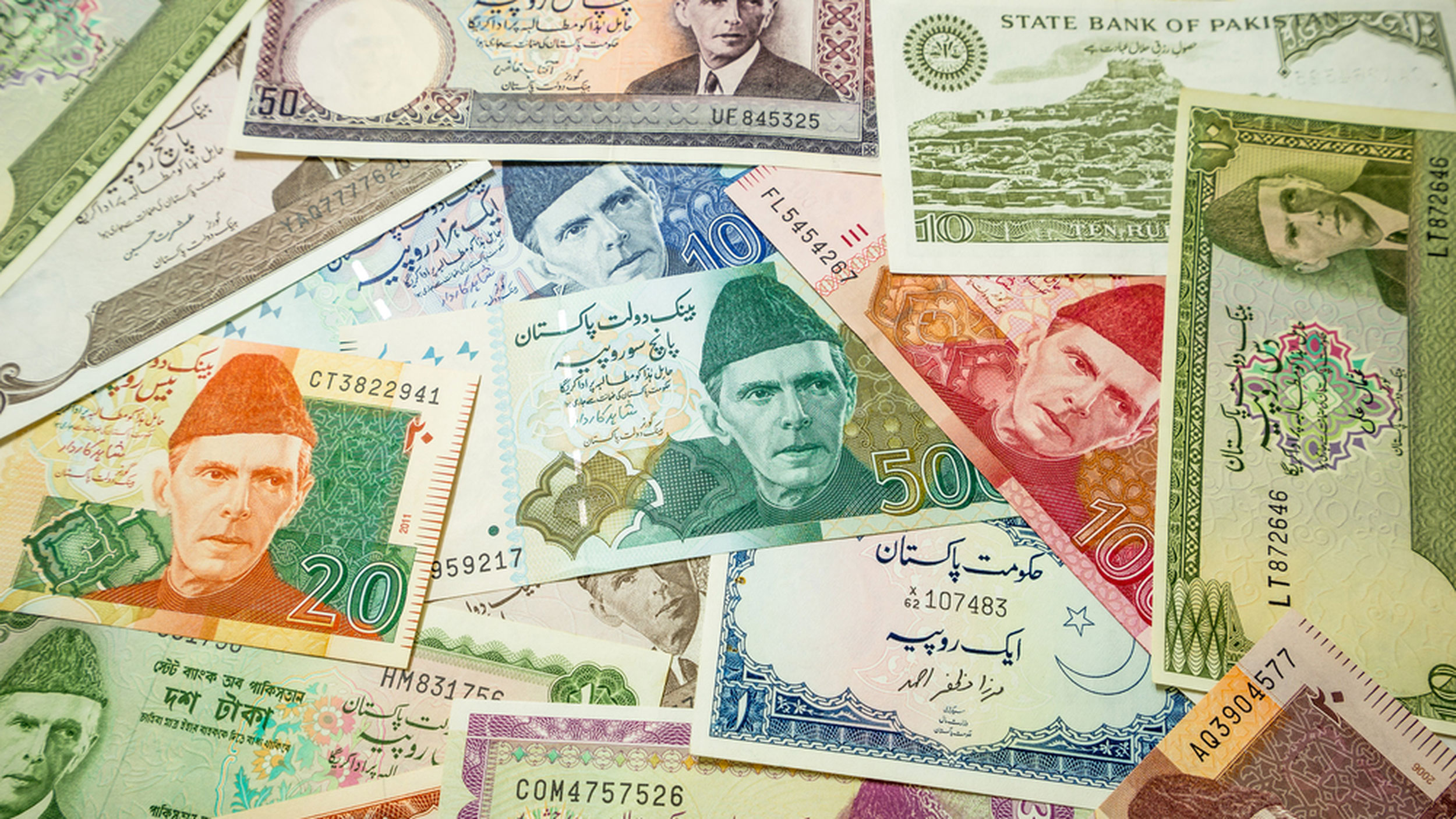The Paris-based Financial Action Task Force (FATF) on Friday night pulled up Pakistan for failing to meet the second deadline to take all the actions specified to combat money laundering and terror financing to avoid the blacklist in October.
Keeping Pakistan on the grey list, the FATF Plenary, meeting in Orlando, Florida, asked Islamabad to swiftly complete its action plan by October, when the last set of such items are to expire. Otherwise, the FATF will decide the next step at that time for insufficient progress.
The FATF decision triggered a fresh war of words between India and Pakistan, with New Delhi calling for “credible, verifiable, irreversible and sustainable” action by Islamabad against terrorism. Pakistan, in turn, billed the Indian statement as “preposterous and unwarranted”.
Reacting to the FATF’s decision, the external affairs ministry spokesperson had early in the day said: “We expect Pakistan to take all necessary steps to effectively implement the FATF action plan fully within the remaining time frame, that is by September 2019, in accordance with its political commitment to the FATF and take credible, verifiable, irreversible and sustainable measures to address global concerns related to terrorism and terrorist financing emanating from any territory under its control.”
Pakistan’s counter came later in the evening in which Islamabad called New Delhi’s reaction “yet another evidence of India’s relentless efforts to politicise the deliberations of FATF for its narrow, partisan objectives”.
Although the Imran Khan government drew flak in Pakistan from political opponents for the FATF rap on the knuckles, the country’s foreign office sought to keep its guns trained on New Delhi.
“Pakistan has consistently shared its concerns on this account with the FATF chair and members in the past and drawn their attention to high-level political statements and media leaks from India to cast Pakistan in a negative light and plead for Pakistan’s downgrading. We hope the broader FATF membership would take cognisance of this continuing malicious campaign and reject any attempt aimed at politicisation of the FATF process by India,” Pakistan’s foreign office said in a statement.
While the FATF acknowledges that Pakistan has taken steps towards improving its anti-money laundering (AML) and combating the financing of terrorism (CFT) regime, the task force was of the view that it still does not demonstrate a proper understanding of the terror financing (TF) risks posed by terror groups.
Pakistan has been asked to demonstrate a proper understanding of the TF risks posed by the listed terrorist groups; ensure that remedial actions and sanctions are applied in cases of AML/CFT violations, and that these actions have an effect on AML/CFT compliance by financial institutions; show that competent authorities are identifying and enforcing action against illegal money or value transfer services and cash couriers, and demonstrate that law-enforcement agencies are identifying and investigating the widest range of TF activities.
Pakistan also has to demonstrate effective implementation of targeted financial sanctions (supported by a comprehensive legal obligation) against all designated terrorists under the UN Security Council 1267 and 1373 resolutions and those acting for or on their behalf, including preventing the raising and moving of funds, identifying and freezing assets (movable and immovable) and prohibiting access to funds and financial services.
Although the FATF note does not mention the Jaish-e-Mohammed of Masood Azhar and the Jamaat-ud-Dawah of Hafiz Saeed specifically, both are proscribed under the 1267 resolution.
Placed on the grey list in the summer of 2018, the FATF had given Pakistan time till May 2019 to take all the actions specified to combat money laundering and terror financing to avoid the blacklist in October. Post-Pulwama, India had made a renewed push to fast-track the process at the previous plenary of the FATF in February soon after the terror attack that killed 40 CRPF personnel.











